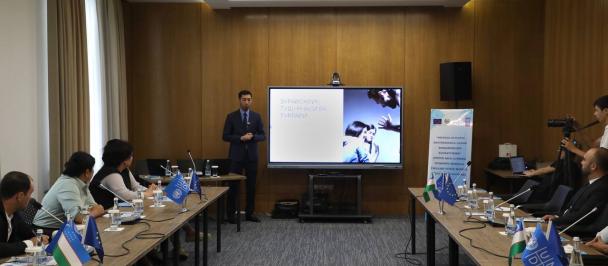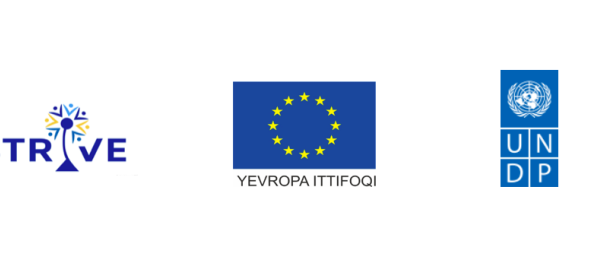UNDP organizes special courses for the community leaders in the framework of global project – STRIVE Asia
August 23, 2022
23 August, Tashkent – United Nations Development Programme (UNDP) in Uzbekistan in cooperation with the Ministry for Support of Mahalla and Older Generation kicks off a special course for the leaders of target mahallas in Tashkent on various aspects of preventing violent extremism and responding to early signs of radicalization.
These courses provide an opportunity for over 100 representatives of mahallas (including mahalla chairmen, youth representatives, women leaders, etc.) to build capacity in a wide range of thematic areas such as legislation of Uzbekistan in the sphere of countering terrorism and extremism, protection of human rights in preventing measures, rendering mental health and psychosocial support to people in need, threats of violent extremism under the guise of religion, gender aspects of the matter etc.
The event is organized in the framework of the global project “Strengthening Resilience to Violent Extremism in Asia (STRIVE Asia)” - a Joint EU-UN Partnership, which aims at contributing to preventing and countering violent extremism (P/CVE) in Central, South and Southeast Asia through a whole of society/multi-stakeholder approach including governments, civil society and the private sector. The specific objective is that Government and non-Government actors are better prepared to contribute to P/CVE objectives in targeted regions and countries.
Through this project activity, UNDP supports the Government of Uzbekistan in implementing “The National Strategy of Uzbekistan to Counter Extremism and Terrorism for 2021-2026” through contributing to the efforts in mahallas to improve socially inclusive decision-making, P/CVE intervention design and implementation, meaningful civic engagement, public awareness and vigilance, understanding and knowledge on violent extremism and identification of community grievances at an early stage.

 Locations
Locations

